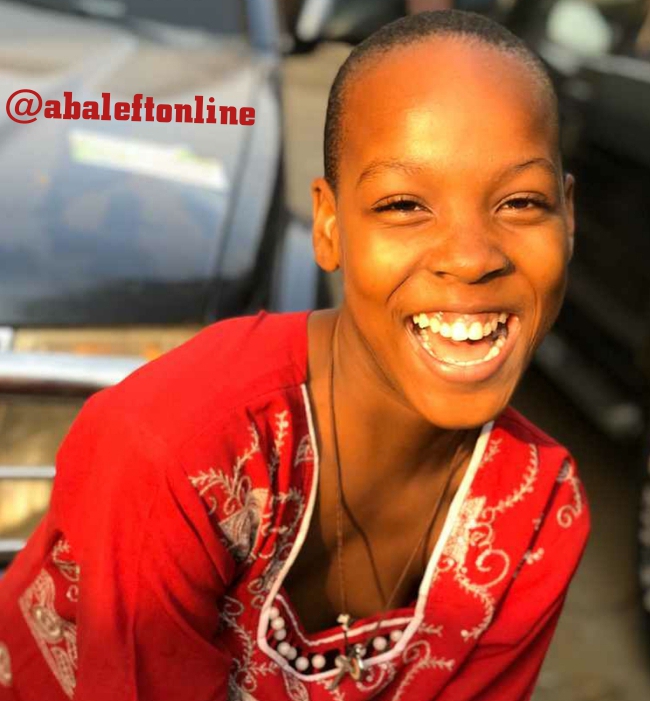Celebrating Children’s Day: Nurturing Our Future
Children are the foundation of any society, and their well-being, rights, and happiness should be a top priority. That is why Children’s Day holds such significance across the globe.
This article delves into the origins of Children’s Day, its purpose, and the various ways it is celebrated worldwide. We will explore the importance of this day in ensuring the holistic development of children and nurturing them into responsible, compassionate individuals who will shape the future.
Origins of Children’s Day : The concept of dedicating a day to celebrate children and advocate for their rights traces back to the early 20th century. The world was witnessing a growing recognition of the significance of childhood and the need to protect children’s rights.
The first notable proclamation for Children’s Day came in 1925 during the World Conference for the Well-being of Children in Geneva. However, it was not until 1954 that the United Nations declared November 20th as Universal Children’s Day.
The UN Declaration of the Rights of the Child Universal Children’s Day is closely tied to the United Nations Declaration of the Rights of the Child, adopted on November 20th, 1959. This pivotal document recognized that every child is entitled to certain rights, including the right to life, education, health care, and protection from exploitation.
It laid the foundation for subsequent efforts to safeguard and promote children’s rights.The Convention on the Rights of the Child Another crucial milestone in the global protection of children’s rights was the adoption of the Convention on the Rights of the Child (CRC) in 1989. This international treaty further solidified the commitment to children’s well-being by providing a comprehensive framework of rights.
The CRC has been ratified by almost all countries, making it the most widely ratified human rights treaty in history.
Diverse Celebrations around the World Children’s Day is celebrated on various dates around the world, each with its own cultural significance. Some countries observe it on November 20th to coincide with the UN’s Universal Children’s Day.
In India, Children’s Day is celebrated on November 14th as a tribute to Jawaharlal Nehru, who was fondly known as Chacha Nehru (Uncle Nehru) and was deeply dedicated to the well-being and education of children.
In Japan, Children’s Day, or Kodomo no Hi, is celebrated on May 5th as part of the Golden Week, a series of national holidays. The day is marked by flying colorful carp-shaped koinobori flags, symbolizing strength and success, and families often participate in various traditional activities.
In Brazil, Children’s Day is celebrated on October 12th to coincide with the Catholic feast day of Our Lady of Aparecida, the patron saint of Brazil. It is a day of joy, with children engaging in games, receiving gifts, and enjoying special events organized by schools and communities.
In Nigeria, Children’s Day is celebrated on May 27th before the Democracy Day. Children in primary and secondary schools would engage in various activities like Match pass, Quiz competition, Race and so many other activities.
Children’s Day is usually a day of fun and joy, with various activities organized for children. Schools, communities, and organizations often hold special events, including games, sports competitions, cultural performances, and educational programs. It is a time to recognize the importance of childhood and to emphasize the rights, health, and well-being of children.
On Children’s Day, adults and caregivers are encouraged to spend quality time with children, listen to their concerns, and engage in activities that promote their physical, mental, and emotional development. It is an opportunity to create a nurturing and supportive environment for children, fostering their growth, creativity, and happiness.
The Purpose and Significance of Children’s Day serves multiple purposes, all centered on the well-being and rights of children.
Firstly, it is an opportunity to raise awareness about the importance of protecting children’s rights and ensuring their healthy development. It emphasizes the need for access to quality education, healthcare, nutrition, and a safe environment.Secondly,
Children’s Day aims to foster a sense of belonging and happiness among children. It is a day when they are celebrated, appreciated, and encouraged to express their ideas, creativity, and aspirations. By acknowledging their contributions and listening to their voices, we empower children and make them feel valued members of society


Leave a Reply